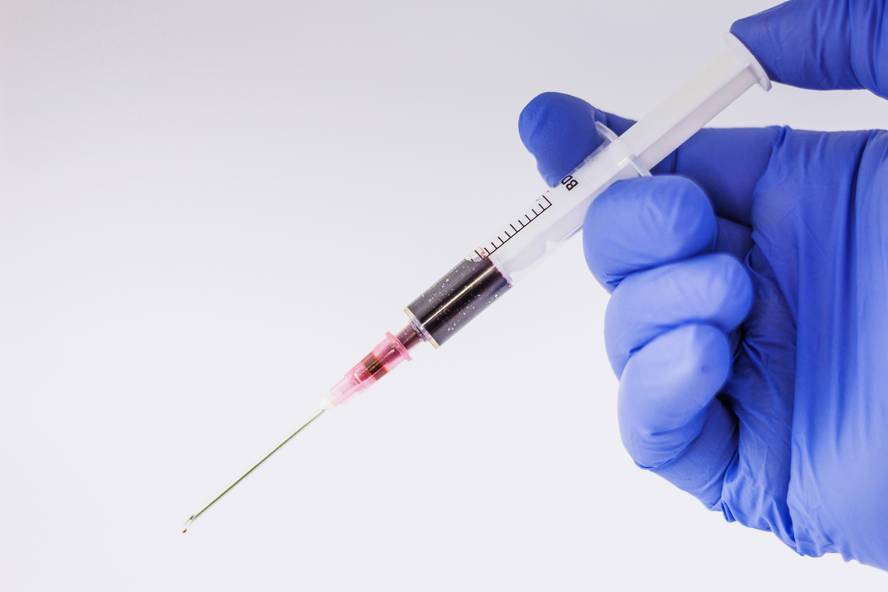Hope for advanced therapies
Advanced therapies use biomolecules to cure them and have aroused great hope by offering treatment to diseases that until now did not have the right treatment. They also investigate advanced therapies in BRTA centers, such as Cidetec's RNA chains to relieve knee osteoarthritis and Biogune's CAR-T therapy for solid tumors.
In the case of osteoarthritis, the Cidetec research centre participates in the European project Sinpain. In fact, many citizens suffer from the pain of osteoarthritis and there is currently no effective treatment. In fact, osteoarthritis is a degenerative joint disease that affects the interosseous cartilage, without which pain, inflammation and stiffness of the knees or wrists are common. The objective of the project is to develop appropriate treatment to relieve pain and reduce the evolution of the disease.
They use SiRNA or interference RNA chains. The function of these chains is to produce interferences to prevent the proteins responsible for osteoarthritis symptoms from being synthesized. In fact, according to Iraida Loinaz Bordanabe, director of Cidetec nanomedicine, inflammation significantly affects cartilage degradation and disease progression: “So, we want to use these drugs to control inflammation well and keep the cartilage. In addition, we use them to control other proteins and factors that will cause
pain.” First, they must identify the proteins that cause cartilage degradation. Subsequently, the laboratory will create RNA chains that will confront them and be introduced into the patient. According to Loinaz, the goal is to be able to inject and administer directly into the knee in a hydrogel. “This same hydrogel would well protect the cartilage and also have our medicines that control the knee status.”
The objective is that these therapies be safe, efficient and cost-effective, as well as that the production processes are scalable outside the laboratory for commercialization. Loinaz explains: “The mixture you’re going to make in a small lab is very different from the one you’re going to make in a large reactor. And yes, climbing there can change the process a lot.” In this way, Cidetec works on encapsulating technology and nanoparticle generation.
At Biogune they work on CAR-T therapy. Researcher Leire Egia Mendikute explains: “CAR-T therapy involves the removal of cells from the immune system from cancer patients, called T lymphocytes, which are genetically modified and are re-administered to the patient with some recovery. These modified T lymphocytes are much more effective against the tumor.”
CAR-T therapies have been successful in hematological cancers and the challenge now is to develop effective therapies for solid tumors such as breast and lung cancer. In fact, the hypoxic (low oxygen) medium of solid tumors is a major obstacle for immune cells, making it much harder to get effective CAR-T cells than in hematological cancers. At the same time, CAR-T therapies have a handicap, with some degree of toxicity and side effects associated with massive immune system aggression.
It is therefore a great challenge, and research and development are very expensive. Biogune has therefore not concealed the importance of arousing the interest of pharmaceutical companies in obtaining funding. The goal is worth offering a cure to carcinogens that currently do not have effective treatment.






